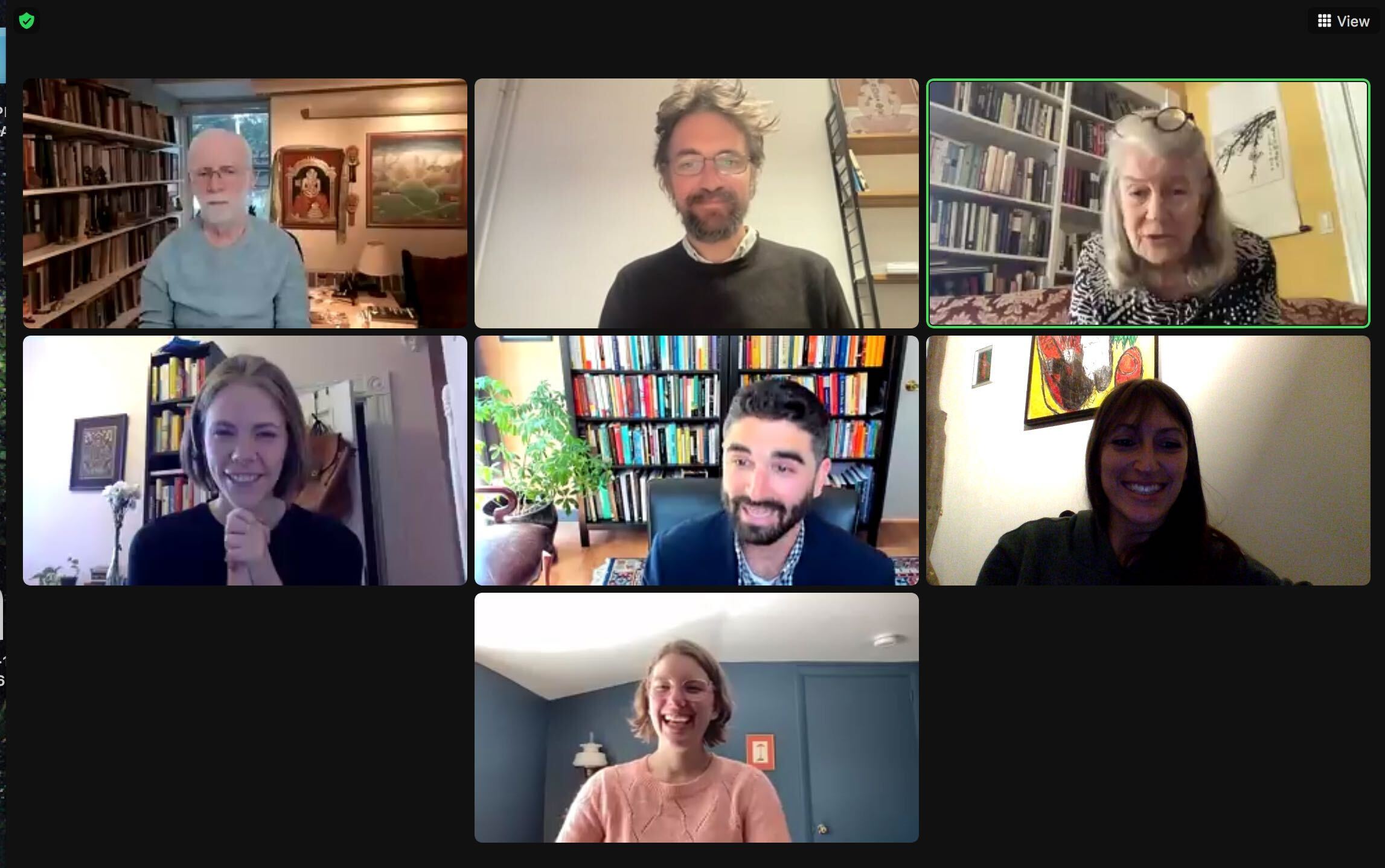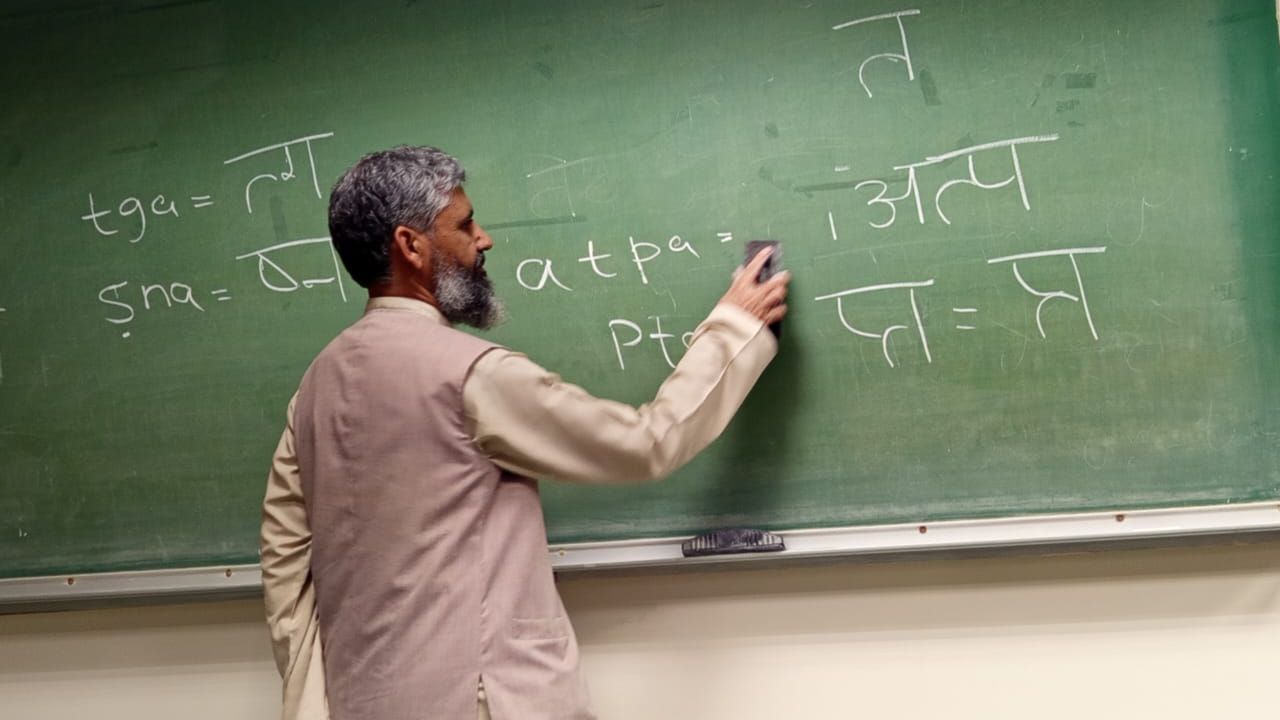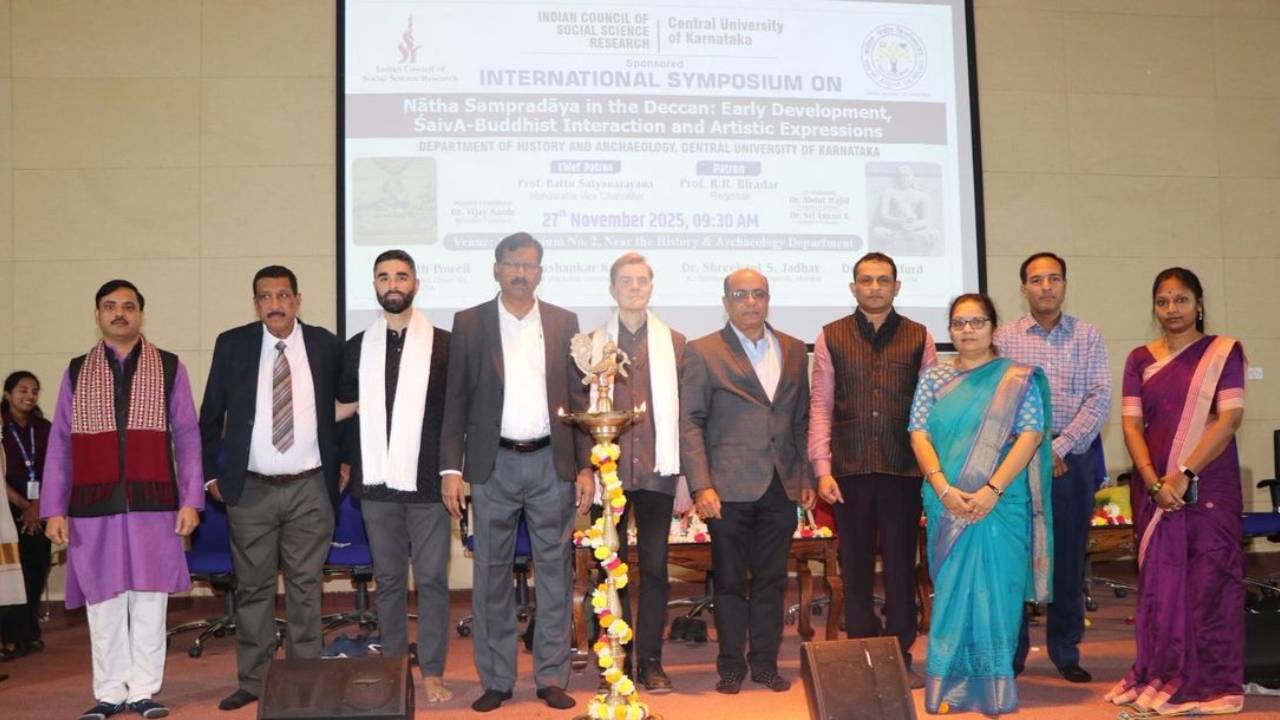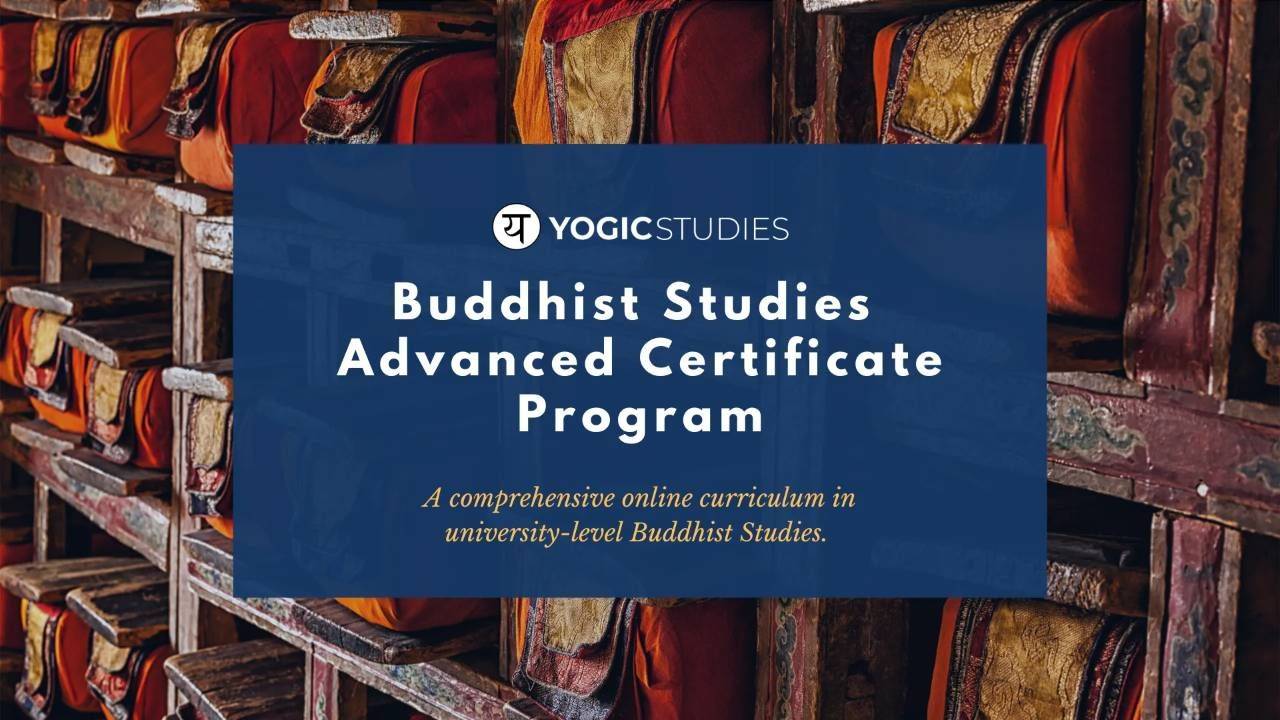Congratulations to Dr. Seth Powell! | "A Lamp on Śivayoga"
May 02, 2023
On April 20th, 2023, Yogic Studies Founder and Director Seth Powell successfully defended his PhD dissertation at Harvard University, entitled "A Lamp on Śivayoga: The Union of Ritual, Yoga, and Devotion in the Śivayogapradīpikā." His dissertation committee at Harvard's Committee on the Study of Religion included Dr. Francis X. Clooney, Dr. Diana Eck, and Dr. James Mallinson (SOAS, University of London). In his defense, Seth gave a presentation outlining the project and many of his key findings, followed by a robust Q&A session with the committee and attendees.


From all of us at Yogic Studies, we wish Dr. Powell a heartfelt congratulations on reaching this incredible milestone!
For those interested in reading the work, the dissertation is now available to download online. You can can read the abstract below:
A Lamp on Śivayoga: The Union of Ritual, Yoga, and Devotion in the Śivayogapradīpikā
This dissertation centers around the study of a lesser-known Sanskrit yoga treatise from south India entitled the Śivayogapradīpikā, or the “Lamp on Śivayoga.” The text was written by an author named Cennasadāśivayogin, who my research shows likely lived in Andhra Pradesh in the first half of the fifteenth century, and who belonged to a religious tradition known as the Vīraśaivas, or the “Heroic Devotees of Śiva,” which flourished in the late-medieval Deccan. Little scholarly attention has yet been brought to bear on the Śivayogapradīpikā, although its prominence within south-Indian yoga traditions is attested by its reception history and citations in numerous early modern texts on yoga and Vīraśaivism. Read closely against the broader textual record of yoga and Śaiva literature, this dissertation offers the first text-critical study of the Śivayogapradīpikā through an investigation of its history, doctrine, praxis, intertextual relations, and authorial strategies of production. I argue that in codifying the Śivayogapradīpikā, Cennasadāśivayogin sought to reconcile systems of yoga on the horizon in fifteenth-century south India—including Mantrayoga, Layayoga, Haṭhayoga, and Rājayoga—together within a unified framework of Śaiva ritual worship (pūjā) and devotion (bhakti), conceived as Śivayoga. It is the distinctly ritual and devotional orientation of this yoga, produced within a Vīraśaiva bhakti context, that makes the teachings of the Śivayogapradīpikā most unique—and indeed what differentiates Śivayoga from other well-known systems of yoga. I hope that this dissertation will be of interest to both scholars of religion in South Asia, as well as specialists and practitioners of yoga.




